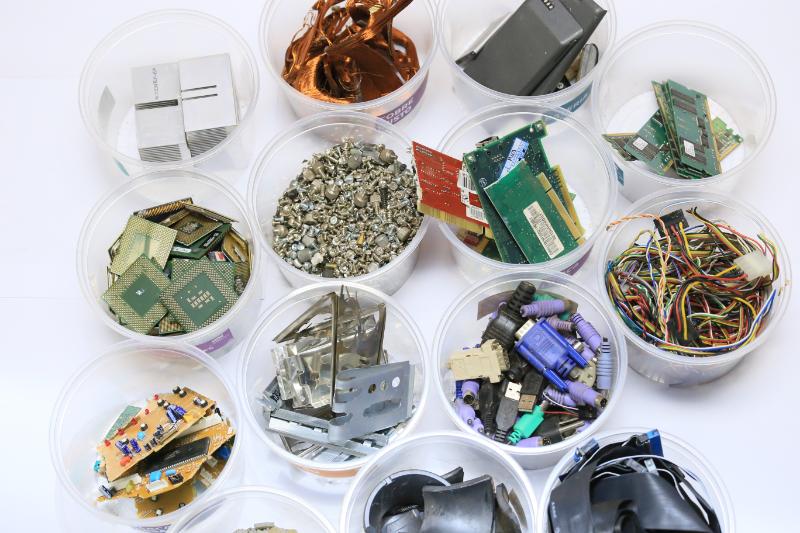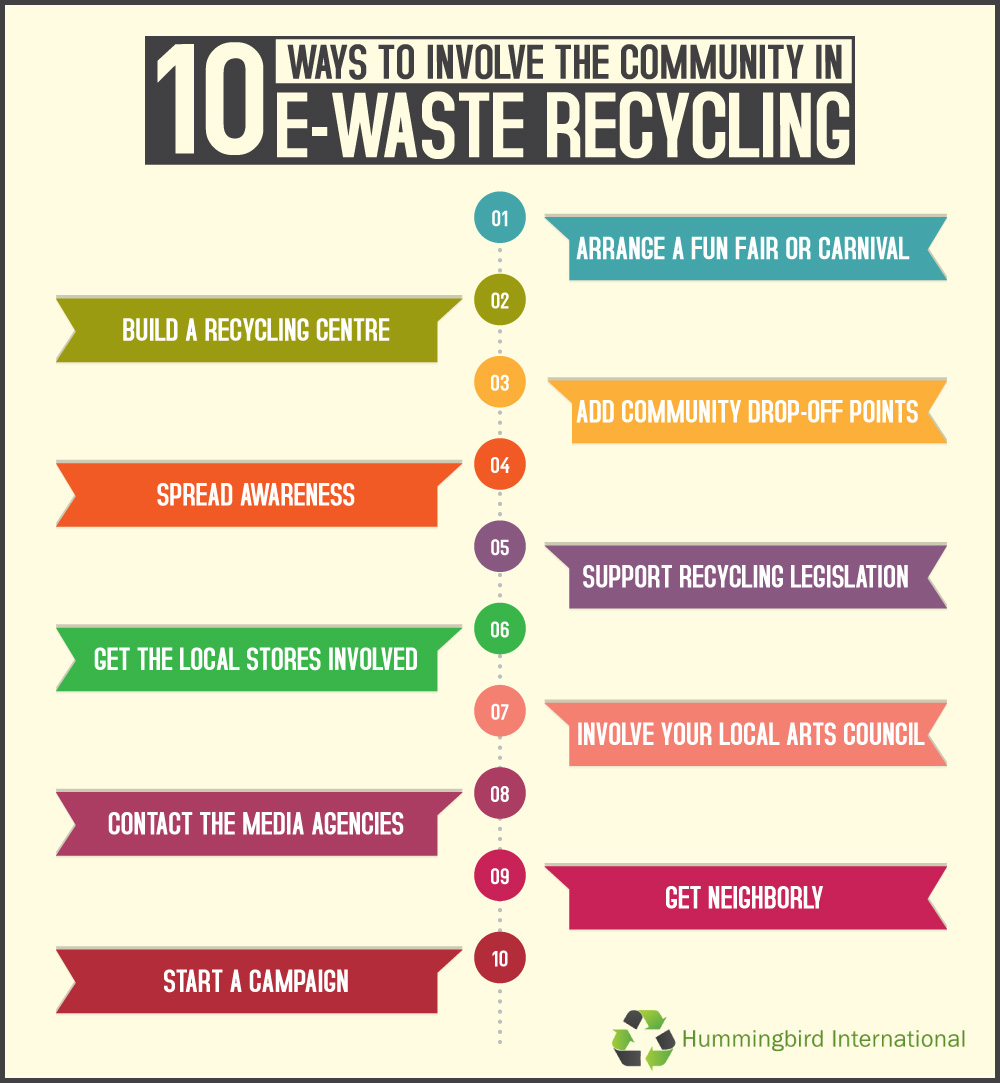Some Known Questions About Recycling Lives Services.
Some Known Questions About Recycling Lives Services.
Blog Article
The Facts About Recycling Lives Services Revealed
Table of ContentsThe smart Trick of Recycling Lives Services That Nobody is DiscussingExcitement About Recycling Lives ServicesThe Buzz on Recycling Lives ServicesSome Known Facts About Recycling Lives Services.Getting The Recycling Lives Services To Work

You can take all household electrical things to Oxfordshire's waste recycling centres for recycling. If your thing is in working condition, take into consideration contributing it. If your electric product is broken, you can search for a neighborhood repair work caf where volunteers can fix it. You can also take into consideration borrowing electric products that you do not use often. Additionally, all Oxfordshire regional authorities approve vapes and e-cigarettes as a separate kerbside collection. Disposable vapes be placed inside your wheelie bins. Exactly how they are accumulated in each location varies somewhat; examine you have the appropriate details for your area. Use the Waste Wizardsearch device to examine exactly how your regional authority accumulates this waste or find other drop-off places in your location.
Mobile batteries the kind you locate in tiny portable gadgets can likewise be recycled at the kerbside however not inside any of your bins. Larger shops that market batteries additionally have collection factors for reusing old batteries.
Fascination About Recycling Lives Services
Older-style filament or halogen light bulbs can be gotten rid of in your general rubbish container in your home. Some DIY stores also have collection factors for light bulbs. Little electrical things (small adequate to fit in a copyright bag) can be recycled at our waste recycling centres or at the kerbside. recycling lives services batteries.

The 6-Minute Rule for Recycling Lives Services
Electric things are damaged down into different pasts so that the various materials they are made up of can be gotten rid of and recycled. Waste reusing centres are for use by householders only and can not accept waste from industrial sources.
E-waste, digital waste, e-scrap and end-of-life electronics are terms often used to define utilized electronics that are nearing completion of their valuable life, and are thrown out, donated or provided to a recycler. The UN defines e-waste as any disposed of items with a battery or plug, and includes poisonous and harmful substances such as mercury, that can pose severe threat to human and environmental wellness.
Get This Report on Recycling Lives Services
Just 17.4% of this electronic waste, containing a combination of dangerous substances and priceless products, will certainly be videotaped as being appropriately gathered, treated and reused - https://www.storeboard.com/recyclinglivesservices. Lots of initiatives are undertaken to tackle this expanding worry, yet none can be fully efficient without the active function and right education and learning of consumers

Moreover, mining disposed of electronics produces 80% less emissions of co2 each of gold compared this website with mining it from the ground. In 2015, the extraction of raw products represented 7% of the globe's energy consumption. This means that relocating towards the usage of more additional basic materials in digital products could help substantially in getting to the targets laid out in the Paris Agreement on environment change.
Getting The Recycling Lives Services To Work
When the carbon dioxide released over a gadget's lifetime is thought about, it mainly occurs during manufacturing, before customers get a product. This makes reduced carbon processes and inputs at the manufacturing stage (such as usage recycled raw products) and product lifetime vital determinants of general ecological effect.
Even in the EU, which leads the world in e-waste recycling, simply 35% of e-waste is formally reported as appropriately accumulated and recycled. Around the world, the standard is 20%; the staying 80% is undocumented, with much winding up buried under the ground for centuries as landfill. E-waste is not naturally degradable. The absence of recycling taxes the international digital industry and as devices come to be much more countless, smaller and a lot more complex, the concern intensifies.
The remaining mass of e-waste mostly plastics tied with metals and chemicals positions a more unbending problem. A brand-new vision for the production and consumption of electronic and electric items is required. It is very easy for e-waste to be framed as a post-consumer trouble, however the problem encompasses the lifecycle of the tools everyone utilizes.
Report this page